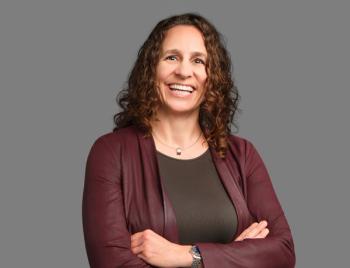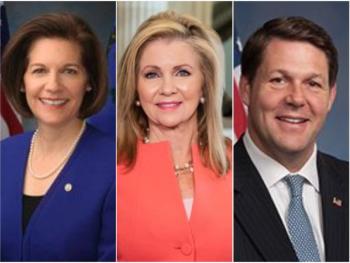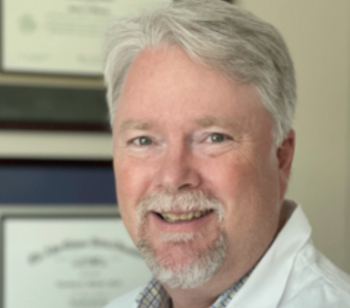
Hospitals face new battles for loyalty of patients | AHA Leadership Summit

With more non-traditional rivals entering patient care, healthcare executives stressed the need to think differently to meet the needs of their communities.
Seattle - Three leaders, all representing different health systems, shared one common sentiment when discussing the future for hospital systems.
While they are all trying their own novel strategies, they all recognize that it’s time for hospitals to think differently.
They discussed their thoughts on the transformation of healthcare in a panel led by healthcare futurist Ian Morrison at the
Warner Thomas, president and chief executive officer of Sutter Health in California, said hospitals face new tests from disruptors, retailers and insurers.
“We’re in a battle every day for the relationship of our patients,” Thomas said.
Big tech companies and retailers are all working to reduce some of the pain points that patients experience in healthcare. Hospitals are increasingly trying to tackle those pain points as well.
Thomas said, “The question is: Who’s going to do it better and who’s going to do it faster?”
Terika Richardson, chief operating officer of Ardent Health Services in Nashville, noted the increasing use of the term “digital healthcare,” which she said may soon be revised.
“I think in the future it’s just going to be healthcare,” Richardson said. “It’s going to be a part of the fabric of what we do and how we deliver care.”
Inside the hospitals, Ardent is looking at ways to create smarter facilities to help clinician practice to the best of their abilities. But Richardson says the system is also looking to tear down the walls to find ways to deliver care outside the hospital, from outpatient clinics to patients’ homes.
She also says Ardent is focused on using technology and innovation to help patients “on every step of their journey, wellness included.”
Janice Nevin, president and chief executive officer of ChristianaCare in Wilmington, Del., said, “This is a moment that we haven’t had before.”
At ChristianaCare, Nevin said the system has had long-standing mantras to do as much digitally as possible, and to deliver care in the home as much as possible.
“If we're truly going to create equitable access to care, improve health and make care more affordable, I do think that we have to think about how we get care closer to where people are. in the home, in the community,” Nevin said. She also stressed that this must be done through an equity lens, so that it’s not just concierge care for a select few.
In a changing world, Nevin spoke of the importance of “having the humility to know what we do well and where we have gaps.” She said in some cases, it may make sense to find a partner to bring that solution or help the system create that solution.
The panelists also stressed the value of partnering with others to help solve problems. Richardson added that in addition to forming partnerships, health systems are going to have to learn to be innovators. “We’re going to have to create our own solutions,” she said.
When questioned about the use of generative AI to change healthcare, Nevin said she sees great potential to assist clinicians with documentation, which is a leading contributor to burnout.
“There's a real opportunity I believe, for ChatGPT, generative AI, to be put to some very good use to solve some problems that have been very challenging for us, but like any other new technology … we have to understand what it can do, and what it can’t do,” Nevin said.
Thomas suggested that health systems need to be willing to take risks and undertake initiatives that may not be successful.
He stressed that the risks shouldn’t involve jeopardizing patient safety. But Thomas said hospitals should get more comfortable with trying to innovate, understanding that some new efforts will fail, and then trying something else.
“We haven’t been necessarily comfortable with that in healthcare,” Thomas said.
Even as healthcare leaders have heard about dire economic challenges and growing threats from non-traditional rivals, the leaders on the panel expressed optimism for the future. Nevin said the challenges “may be the most significant challenges that we will face in our lifetime, and that means the opportunities are there also.”
“The pressure on the system requires that we respond differently,” Nevin said, but she added that she remains “entirely optimistic about the future.”
Thomas also offered encouragement to the other healthcare leaders in attendance.
“We can really drive a significant amount of change and it’s up to people like us to make it happen,” Thomas said.
Read more:






















































































